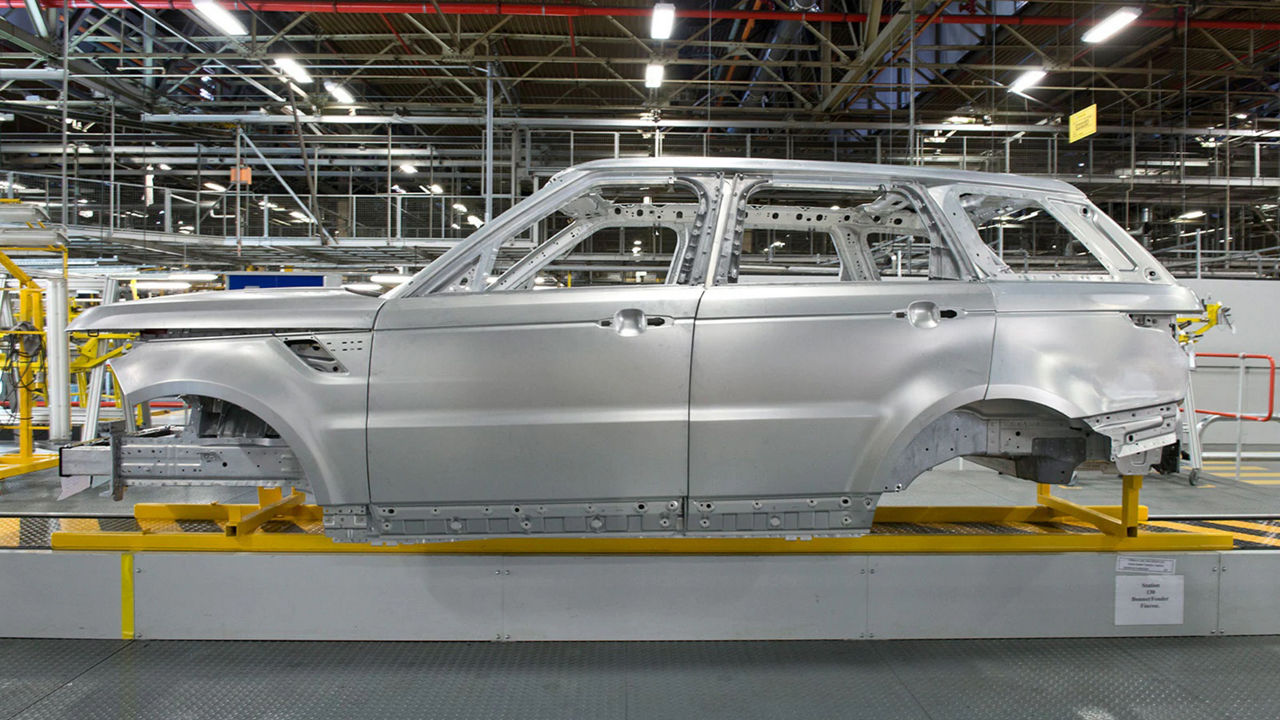ENVIRONMENTAL RESPONSIBILITY
TRANSFORMING OUR PRODUCTS AND OUR BUSINESS OPERATIONS THROUGH ENVIRONMENTAL INNOVATION
REDUCING OUR ENVIRONMENTAL IMPACT
Our most significant environmental impact comes from our products. The good news is that this is also where we can make the most significant improvements.
This is why we are investing heavily in research, engineering and manufacturing to deliver innovative solutions that will reduce the environmental impact of our vehicles throughout their entire life cycle.
Life cycle thinking
When we design a new vehicle, we have one aim: to make it even more sustainable than its predecessor. To achieve this we examine every aspect of a vehicle – from its design to the end of its life – to identify ways we can reduce its overall environment impact, whilst increasing the vehicle’s performance and capability. We call this the Life Cycle Assessment (LCA). It’s an approach that’s leading to a new generation of efficient vehicles. For example, the latest Range Rover features a 3.0 litre V6 engine, which, coupled with our lightweight aluminum technology, delivers the same performance as the outgoing V8 model.
Using more sustainable materials
By using Life Cycle Assessment up front in the design process, we can understand what material choices are most sustainable over the lifetime of the vehicle. Naturally, we aim to select materials such as leather, natural rubber, wood and cotton from sustainable sources. And we are also researching new types of natural fibres that could reduce the weight and life cycle impact of vehicle components compared to plastic.

Reducing weight, increasing efficiency
By reducing the weight of a vehicle’s body and components, we can make our cars more efficient, while delivering the outstanding performance our customers expect. Which is why a number of our vehicles are now made using revolutionary all-aluminum bodies that significantly reduce their weight. So we have created a new lightweight modified aluminum alloy that allows for a higher proportion of recycled content and uses 95% less energy to manufacture and produces less waste than virgin material.
Designing for fuel efficiency
Typically, over 80% of a vehicle’s lifetime carbon footprint will come from its use. Therefore designing fuel-efficient vehicles is key to reducing our impact on the environment and delivering cost savings for our customers. As well as improving the efficiency of our conventional powertrains, we are also investing in hybrid and electric powertrain technology, and introducing intelligent Stop/Start Technology that can reduce fuel consumption and CO2 emissions by 7%.
These are just some of the steps we are taking to enable us to create more efficient vehicles that meet the needs of our customers now and long into the future.